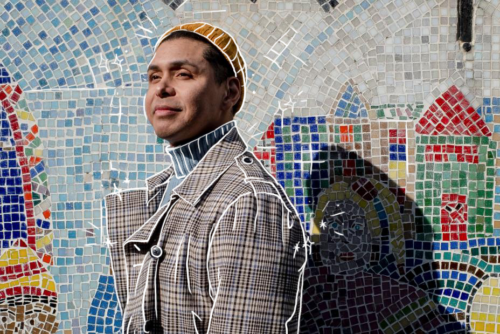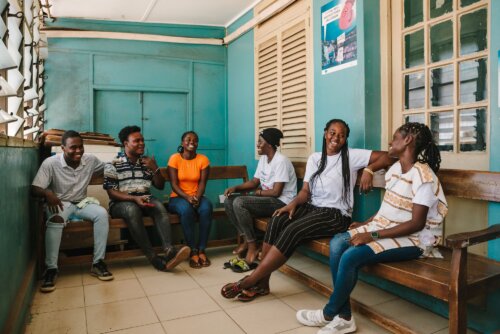Racial Inequalities Make Pandemics Worse
As we’ve seen with COVID over the past two years, and with AIDS for more than four decades, social and racial inequalities allow global health emergencies to thrive. Racial discrimination has impacted health outcomes for centuries by unfairly affecting access to housing, education, wealth, food, and health care.
Prior to COVID, data consistently showed that people of color fared worse than their White counterparts across a range of health outcomes and diseases. These disparities are only intensified when under-resourced communities are faced with a health crisis.
The entire world has been adversely impacted by COVID, yet racially marginalized groups, including the Black community in the U.S., have undeniably borne the brunt of the pandemic. According to the Centers for Disease Control, Black Americans are 2.5 times more likely to be hospitalized and 1.7 times more likely to die from COVID than White Americans.
Infectious diseases like HIV/AIDS continue to disproportionately affect Black communities in the U.S. alongside the current pandemic. Black Americans comprise just 13% of the U.S. population, but represent 42% of the country’s HIV diagnoses. Black women disproportionately account for new cases of HIV and are diagnosed at 14 times the rate of White women.
We see similar disparities on a global scale, where unequal access to health services, including COVID relief and HIV prevention and treatment programs, adversely affects Black communities around the world. As of February 2022, less than 13% of people in Africa have been fully vaccinated while globally more than 50% of people are fully vaccinated. At the same time, HIV remains a persistent threat. Of the nearly 38 million people living with HIV worldwide, more than two-thirds live in sub-Saharan Africa.
Pandemics thrive where inequalities exist, including systemic and historic racism. The color of your skin should not determine whether you are more likely to die from a deadly disease. (RED) is proud to support grants that enable community-led efforts to provide equitable access to testing, treatment, and vaccines for everyone.
Join (RED) as we fight the injustices of global health emergencies and fund life-saving programs for communities most in need.


